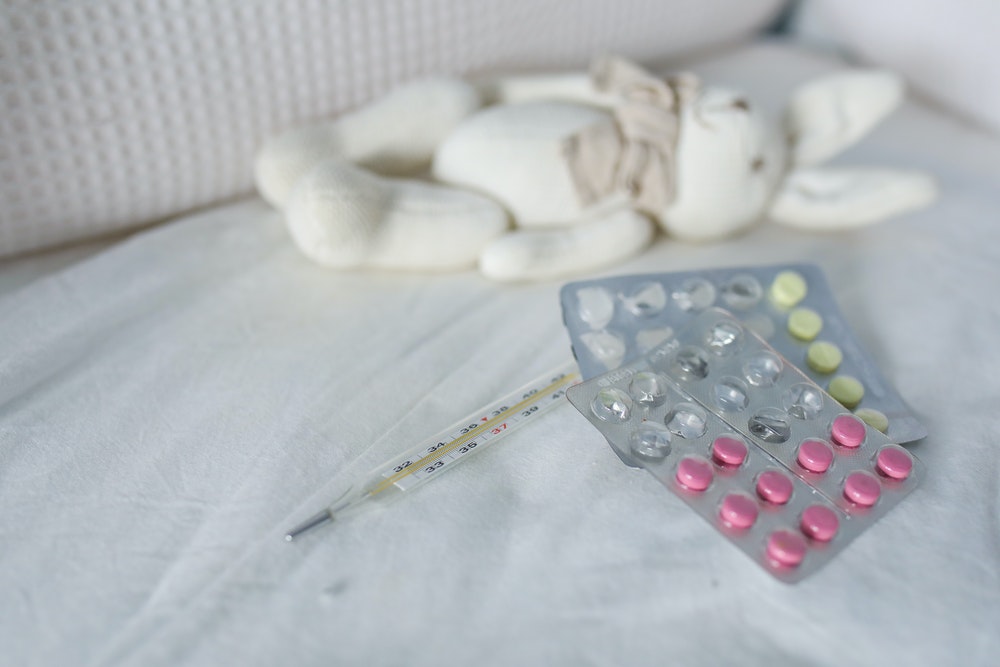As research continues to uncover and understand the novel coronavirus, a new thread has traced neurological symptoms in children tested positive for COVID-19.
Children with COVID-19 may experience neurologic symptoms involving the central and peripheral nervous systems, and splenial changes on imaging. They can develop these symptoms without developing any of the known respiratory symptoms associated with Covid-19.
A study published in JAMA Neurology reported neurological manifestations of children with COVID-19 in a case series involving patients younger than 18 years. Out of the 27 children involved in the case study, four of the patients presented with new-onset symptoms that included headache, brainstem and cerebellar signs, encephalopathy, muscle weakness, and reduced reflexes. In all four patients, splenium signal changes were also seen on magnetic resonance imaging of the brain. Such symptoms should be considered for COVID-19 diagnosis in children, especially in the absence of respiratory symptoms. All the four patients required intensive care unit admission for treatment.
Additionally, the study also revealed a mild excess of slow activity in three children who underwent electroencephalography. Mild myopathic and neuropathic changes were seen in all three patients who underwent nerve conduction studies and electromyography. All four children did show neurological improvement by the end of their treatment, and two had made a full recovery.
Some of the other neurological symptoms of COVID-19, which can affect anyone, include:
- Loss of taste and loss of smell
- Dizziness and headache
- Mental health issues like anxiety, stress, and depression
It is important to understand and detect such changes in children during this unprecedented time as young children may find the changes that have taken place difficult to understand. Children are likely to be experiencing worry, anxiety and fear that can be detrimental to their mental health.
Health Advisory for Children
If your child is experiencing COVID-19 symptoms, talk to your healthcare provider and try to manage the symptoms at home if they are only mild. Reinforce everyday preventive actions with your children like regular hand washing, maintaining social distance and more.
It is also imperative to watch for signs of stress and behavioral changes. Some common changes in your child to take note of are:
- Excessive worry or sadness
- Unhealthy eating habits
- Unhealthy sleeping habits
- Difficulty with attention and concentration
It’s important to follow guidelines if you think your child is sick with COVID-19 and if your child is diagnosed with COVID-19.




